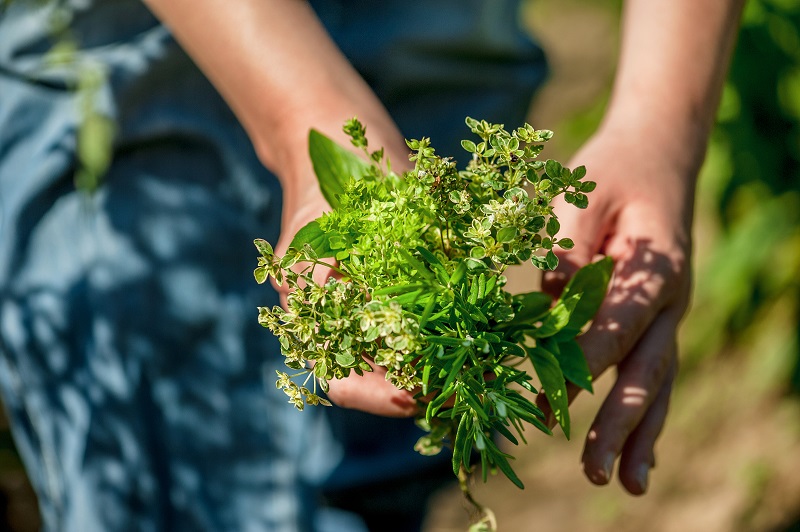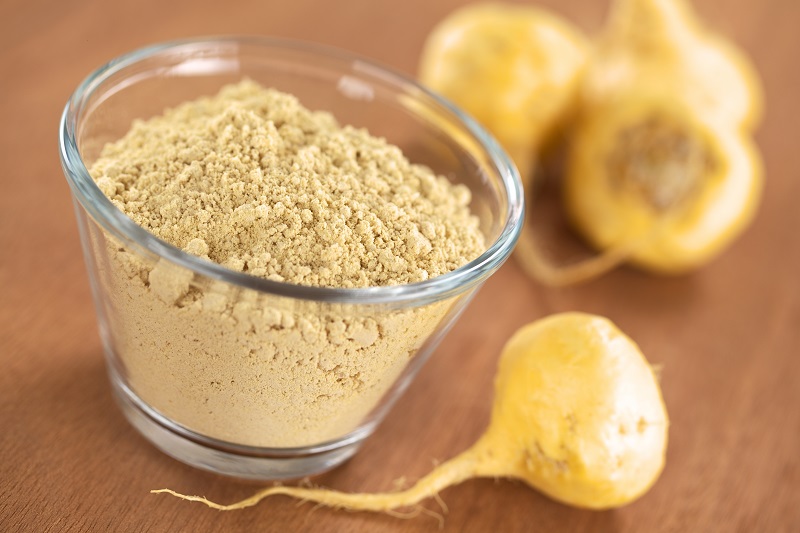From tea to entrees to desserts, ginger can be found in all sorts of recipes.1 Native to Southeast Asian Maritime countries like Malaysia, Singapore, and Indonesia, Ginger was one of the first spice trade spices to make it to Europe by way of India during ancient Greek and Roman times.2 Not only has it made its way into various culinary dishes but its essential oil is also used in the perfume industry.
Science of Spice
Ginger has hundreds of compounds and metabolites that interact with our bodies.4 When Confucius ate ginger at every meal,1 he could not have imagined the data that shows ginger’s constituents accumulating in the digestive tract.4 In fact, Ayurveda and Traditional Chinese medicine have long used ginger as a tonic for digestive support and inflammation.5 Today, studies indicate that ginger’s anti-inflammatory effects come from its suppression of inflammatory enzymes in our digestive system.4 It is little wonder that ginger is included in so many foods and beverages!
Ginger Snapped
If you are taking an anti-coagulant or have diabetes, enjoying ginger with your sushi or a freshly brewed ginger tea is perfectly safe. However, due to the concentration of ginger in dietary supplements, you might want to skip the supplement because ginger can interact with these drugs.6 So, as always, please consult a healthcare professional before adding a supplement to your regimen.
Sources
1 – https://www.allrecipes.com/recipes/17747/ingredients/herbs-and-spices/spices/ginger/
2- https://en.wikipedia.org/wiki/Ginger
3 – https://www.britannica.com/plant/ginger
4 – https://www.ncbi.nlm.nih.gov/books/NBK92775/
5 – https://botanicalinstitute.org/ginger/
6 – https://www.hopkinsmedicine.org/health/wellness-and-prevention/ginger-benefits









